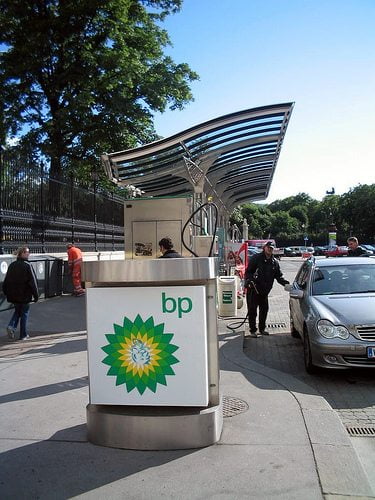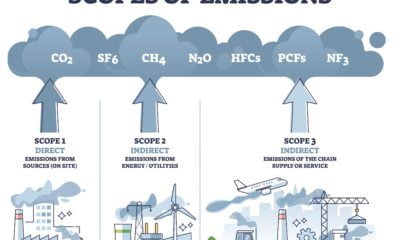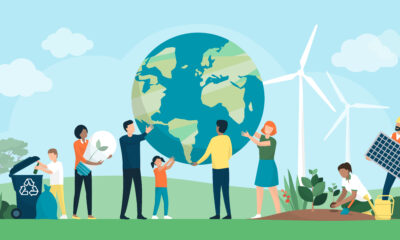

Energy
BP predicts 29% increase in carbon emissions by 2035
Global carbon emissions will rise by 29% over the next two decades, according to BP’s Energy Outlook 2035. The increase is expected to be driven by emerging economies as populations grow and their infrastructure develops.
Energy consumption is anticipated to grow at a slower pace than in has the last two decades but will still rise by 41% between 2012 and 2035. This compares to the 52% increase seen in the last 20 years. Around 95% of this growth is expected to come from emerging economies. In contrast, consumption in advanced economies in North America, Europe and Asia will grow only marginally and begin to decline in the later years of the forecast period.
Despite increasing demand and emissions there are some signs that sustainability will become more mainstream. Renewables are expected to continue to be the fastest growing class of energy, reaching a market share of 6.4%. The sectors share of global electricity production is also expected to grow from 5% to 14% by 2035.
Christof Rühi, BP’s chief economist, said, “This process shows the power of economic force and competition. Put simply, people are finding ways to use energy more efficiently because it saves them money. This is also good for the environment – the less energy we use the less carbon we emit.”
Changing the energy mix is vital for sustainability but can years to make a difference. An OECD report recently found that in member countries energy sources have “barely changed” since the early 1990s, despite interest and investment in renewables growing.
In order to tackle climate change and have a positive impact, the United Nations’ climate chief Christiana Figueres has said global investment in renewables and energy efficiency needs to rise from $300 billion (£183 billion) a year to $1 trillion (£600 billion) by 2030.
The BP study also indicates that advanced economies will begin cutting energy usage towards the end of the 2035 forecast period. However, scientists have predicted we will reach a tipping point in 2037 suggesting that more drastic and decisive action needs to be taken by both developed and emerging economies.
Further reading:
UN climate chief: clean energy needs investment worth $1tn a year
Just one in five back local fracking projects, but support increase with distance
Conflict over EU 2030 renewable target remains
BRICS: renewable energy and sustainability in emerging economies


 Environment12 months ago
Environment12 months agoAre Polymer Banknotes: an Eco-Friendly Trend or a Groundswell?

 Features11 months ago
Features11 months agoEco-Friendly Cryptocurrencies: Sustainable Investment Choices

 Features12 months ago
Features12 months agoEco-Friendly Crypto Traders Must Find the Right Exchange

 Energy11 months ago
Energy11 months agoThe Growing Role of Solar Panels in Ireland’s Energy Future




























